Building High-performing Teams With Proven Research and Methodology
A measurable, data-driven, and scalable solution to boost team performance!
A complete experiential journey to better teamwork!
We are at the intersection of science, technology, and data.
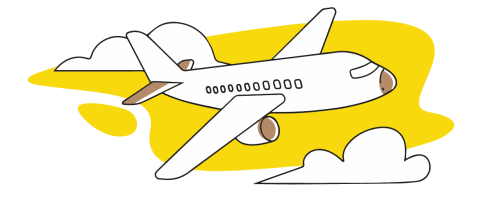
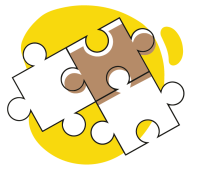
Game-based learning
Learn and practice how high-performing agile teams work in a fun and collaborative way
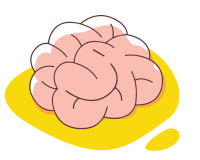
Behavioral Science
Identify team’s maturity level, effectiveness and productivity ratio, and key development areas based on GDQ Report®
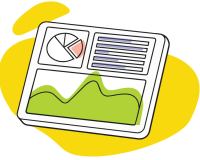
Technology & Data
Develop a data-driven action plan for the team that’s relevant in the future of work
What problems are we solving

Digital learning solutions are not effective enough and fail to deliver a high ROI.

Most digital-first learning solutions are tailored for individuals, while organizations work in teams.

There is a need for interactive, immersive, and engaging learning experiences for digital and remote delivery.
People forget up to 90% of what they learn after 30 days. That’s why we put behavior change at the core of the learner’s journey! We engage participants emotionally and rationally, moving them from awareness to behavior change and performance improvement.

Especially for remote and virtual teams, Miki Island experiential learning program from aeqlia is a great way to practice teamwork for performance improvement.
The combination of doing and reflecting as well as being both concrete and theoretical is promising for learnings about team development!
CHRISTIAN JACOBSSON
HEAD OF RESEARCH, GDQ ASSOCIATES

Designed with GDQ Associates, leading research company
Miki Island is more than just a game. It integrates the Group Development Questionnaire® and Integrated Model of Group Development from Susan Wheelan’s research to ensure higher learning
effectiveness and business impact.
Our Miki Island experiential learning program integrates the GDQ Short and IMGD in a facilitator-led debrief to assess the team’s maturity stage and develop a behavior change intent plan.
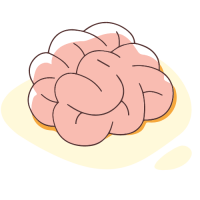

Analyze what the team needs using GDQ.
Save time with an automated report, enabling quick action and strategy implementation.

Stage Diagnosis
Evaluate team maturity across four defined stages to get clarity on the team’s dynamics.

Team Effectiveness & Productivity Ratio
Track changes in effectiveness and
productivity at the start and end of
the team’s development journey so
you can measure the impact of
your efforts over time.

Subscale Analysis
Identify areas requiring focus
and improvement so you can make informed decisions and targeted efforts to enhance team efficiency and results.
The Team Development Process

Teams go through 4 stages of development to reach their full potential:
Dependency & Inclusion
Stage 1 is about establishing a sense of belonging and predictable interaction patterns within the group.
Counterdependency & Fighting
Stage 2 is about developing a set of goals, values, and operational procedures.
Trust & Structure
Stage 3 involves having a more mature negotiation about team roles, organization, and procedures. Everyone works together to solidify positive relationships.
Work & Productivity
At stage 4, work groups become teams. Everyone has a key role to play in keeping the team’s performance at a high level. For example, they can do things like clearly define their problems and regularly evaluate themselves.
The team’s performance in Miki Island is directly connected to their ability to quickly move through the stages and achieve Stage 4 within the game.
The challenges the teams face in Miki Island reflect their work challenges!
Each player in the game has a specific role and set of responsibilities.
Defined team roles improve task allocation and efficiency.
The game stresses the value of a shared vision (survival) and goals (reaching the rescue point), which create unity and purpose crucial to team success.
Miki Island's "stop & reflect" moments create a safe space for team discussion.
It builds trust, encourages sharing ideas, and improves problem-solving.
Teamwork is crucial to survival on Miki Island.
This is reflective of the real world, where the efforts of every member are crucial to the team’s performance.
Miki Island needs the team to communicate and make quick decisions.
This translates to having efficient communication channels, collaborative tools, and regular feedback.
The game encourages team decision-making to achieve their goal.
At work, team members feel ownership and commitment to the set goals when they make decisions together.
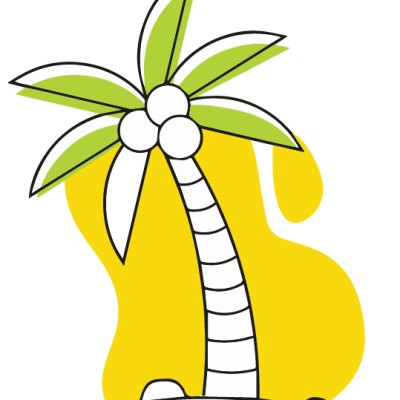
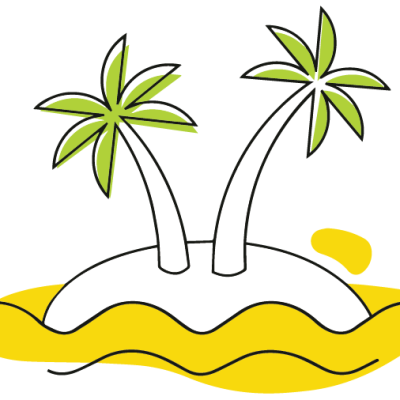
What people say about their Miki Island experience

I am impressed by the amount of real work-life value teams have taken from this journey. Not only it was interesting, but it’s applicable.
The set of changes in behavior and attitudes initiated have boosted the agile growth and performance of our teams.
Bram De Block
Global agile lead, skyline communications


The journey brought the regional team together and created an inclusive and connective tissue between colleagues.
It was a very immersive and energizing journey to facilitate our teams’ key learnings of high performing teams, inclusive collaboration and agile decision making all for performance improvement back at work!
ANNE LEPISSIER
GENERAL MANAGER, MICROSOFT


Especially for remote and virtual teams, Miki Island experiential learning program from aeqlia is a great way to practice teamwork for performance improvement.
The combination of doing and reflecting as well as being both concrete and theoretical is promising for learnings about team development!
CHRISTIAN JACOBSSON
HEAD OF RESEARCH, GDQ ASSOCIATES

Miki Island Achievement Unlocked!
Delivered by 200+ training companies,
coaches, and consultants globally
With 25,000+ participants from Fortune 500 companies








Join our expanding, active network of Miki Island-certified professionals.
Integrate Miki Island into your team coaching and leadership development programs to build high-performing agile teams around the world.


